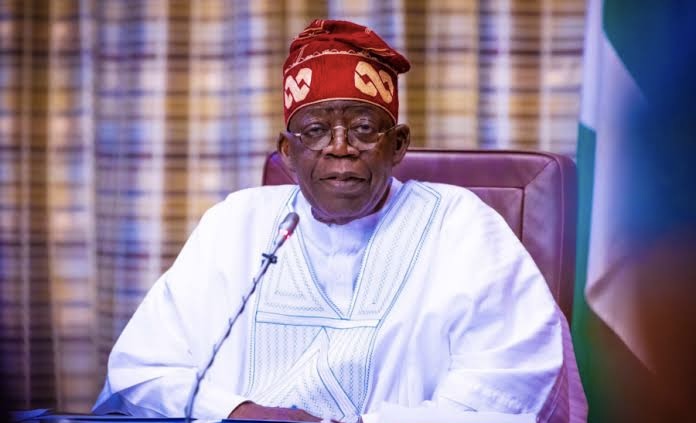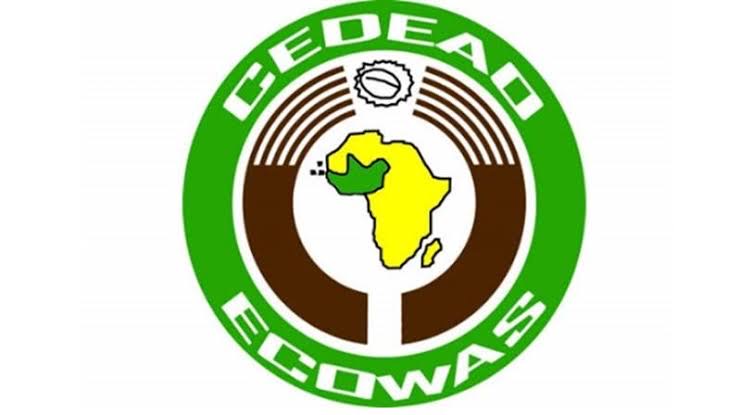Payments, commerce, logistics, critical for inclusive digital transformation in Africa: Flutterwave CEO

Flutterwave’s CEO, Olugbenga “GB” Agboola, has said, “The three major pillars that can help Africans effectively leverage digital transformation for inclusive and sustainable development are payment, commerce and logistics. These pillars support the cross-border movement of money, people, goods and services without barriers.”
Olugbenga GB Agboola said this while participating as a panellist in a discussion titled “How Can the U.S. Support an Inclusive Digital Transformation in Africa?” The session is part of the activities for the US-Africa Leaders Summit 2022 hosted by the Carnegie Endowment for International Peace in Washington, DC.
Mr Agboola, while speaking, acknowledged challenges to the growth of digital transformation in Africa, “For Flutterwave to build a payment infrastructure that connects more than 30 of 50+ African countries, we had to visit every country in the continent, get different licenses, build partnerships, and connect with regulators. At the end, we have over 500 payment partner integrations at Flutterwave that must be maintained daily”.
Other panelists include Engr. John Tanui, Principal Secretary of the State Department for ICT and Digital Economy in the Republic of Kenya. Speaking also at the panel include Mr. Lacina Kone, Director General and Chief Executive Officer of Smart Africa; and Mr. Christopher Burns, Chief Digital Development Officer, US Agency for International Development and Director for Technology in the Innovation, Technology and Research Hub at USAID.
Dr. Zainab Usman, Senior Fellow and Director of the African Program at the Carnegie Endowment for International Peace in Washington, DC, while introducing the participants, highlighted the importance of uniform growth of Africa’s digital ecosystem.
Mr Burns spoke on the need for countries to embrace the responsible use of digital technologies. He added, “When you look at the investment that has been made across the continent over the past 20 years, they are deliberate investments that track everything from policy to infrastructure to services to capacity building”. The reasons for this nascent investment strategy across Africa include, “a better understanding of digital transformation and its attendant risks, the effect of COVID-19 in speeding up digital transformation in the continent and the USAID Digital Strategy which has made the promotion of secure, open, and inclusive country-level digital ecosystems across the world a priority for the US.”
The digital transformation in Africa comes with its risks, and that explains why, Mr. Tanui commented on how the Kenyan government enables innovation, “the Kenya government, through many bills and initiatives like Kenya Information and Communication Act, ICT Universal Fund, Data Protection Act, Kenya National Innovation Agency, Digital Economy Bill, and the Startup Bill has been working hard to ensure a functioning legal and regulatory environment that does not stifle innovation.” He also highlighted the efforts of the government to provide opportunities for innovators to pilot and commercialize their ideas within a reasonable time frame. “We established the National Council of Science, Technology, and Innovation, the Kenya National Innovation Agency with research funds to support innovative and promising ideas.”
Mr. Lacina highlighted that bold and innovative commitment from African Heads of State and Government, like the SMART Africa alliance, which consists of 36 African countries, will accelerate sustainable socio-economic development. He said, “What we at SMART Africa and other stakeholders should do is policy harmonization of the continent for investors to see Africa as a 1.3 billion market. We can become a startup continent, have more than 7 unicorns like Gbenga’s Flutterwave and improve intra-Africa trade when we leverage on our youthful population and harmonize our regulations.”
The panellists agreed that investments aimed at achieving an inclusive digital transformation of Africa must be deliberate, holistic, and collaborative to include national government, private sectors, global players like the US, and civil societies.
We have recently deactivated our website's comment provider in favour of other channels of distribution and commentary. We encourage you to join the conversation on our stories via our Facebook, Twitter and other social media pages.
More from Peoples Gazette

Politics
Katsina youths pledge to deliver over 2 million votes to Atiku
“Katsina State is Atiku’s political base because it is his second home.”

NationWide
Nigeria positioned to power clean energy Future: Tinubu
Mr Tinubu expressed his firm commitment to improve the developmental partnership between the European Union and Nigeria.

Africa
Benin, Liberia, Sierra Leone roll out malaria vaccines
With the announcement on World Malaria Day, the number of African countries incorporating the vaccines into their childhood immunisation programmes increased to eight.

NationWide
Group urges FG to decongest custodial centres after Suleja jailbreak
”We also call on the public to pay more attention to issues concerning corrections in Nigeria.”

Politics
PDP unveils 200-member campaign council for Edo 2024 guber election
The advisory council has seven eminent members of the state.

Africa
ECOWAS moves to tackle drug abuse in Sierra Leone, other countries
ECOWAS said the workshop was also to support efforts to tackle drug abuse and provide resources and strategies for member states, particularly Sierra Leone.

Lagos
FG to resume resurfacing of Third Mainland Bridge: Official
She said that the exact dates for the renewed construction would be announced soon.








